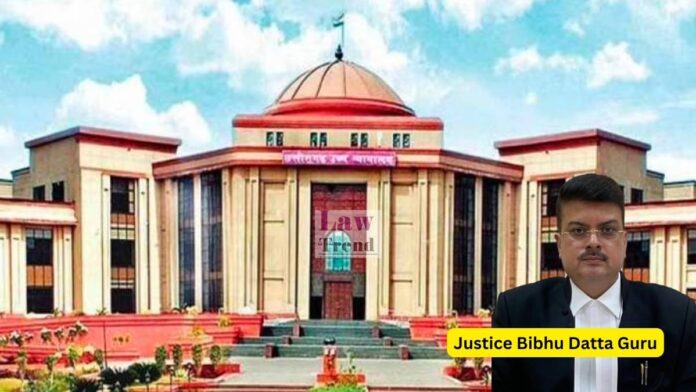In a significant ruling, the Chhattisgarh High Court has allowed a minor rape survivor to terminate her 24-week pregnancy, affirming her reproductive rights and emphasizing that no woman should be forced to bear a child conceived through rape. Justice Bibhu Datta Guru, presiding over the case, stated that such pregnancies cause grave mental anguish and
To Read More Please Subscribe to VIP Membership for Unlimited Access to All the Articles, Download Available Copies of Judgments/Order, Acess to Central/State Bare Acts, Advertisement Free Content, Access to More than 4000 Legal Drafts( Readymade Editable Formats of Suits, Petitions, Writs, Legal Notices, Divorce Petitions, 138 Notices, Bail Applications etc.) in Hindi and English.




